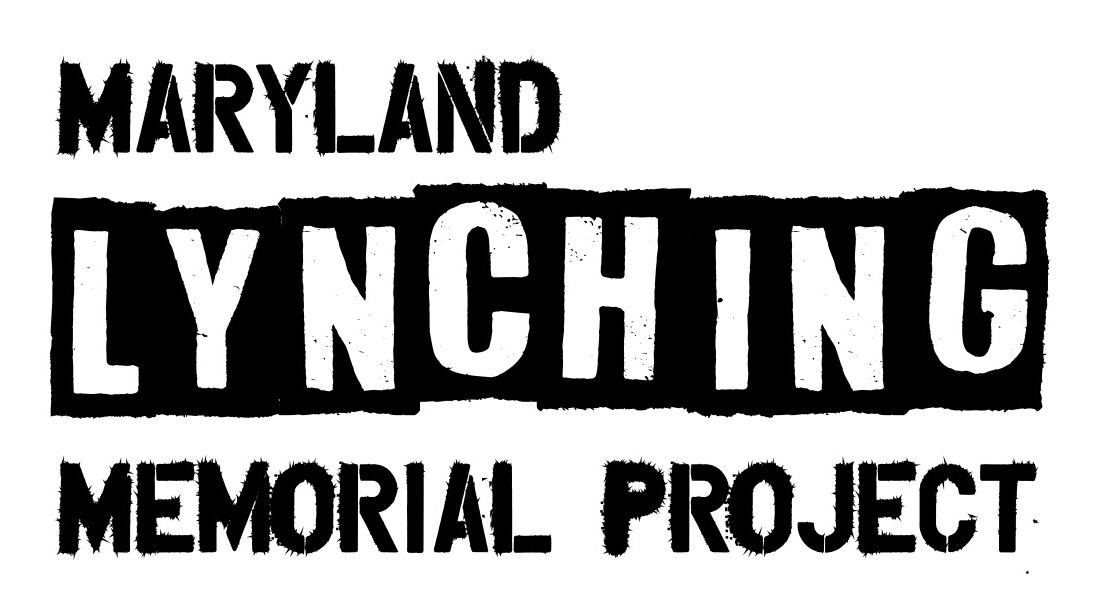Just after midnight on Monday, July 13, 1885, a 15-year old boy named Howard Cooper was dragged from a cell in the old Baltimore County Jail in Towson by 75 masked men and hanged from a sycamore tree next to the building. His was one ofat least 40 racial terror lynchings in the state between 1854 and 1933.
Racial terror lynchings were often public spectacles; sadistic and grotesque displays meant to intimidate blacks and flaunt white superiority. They were acts of domestic terrorism. The Equal Justice Initiative (EJI) has documented at least 6,500 black Americans were lynched in the United States between 1865 and 1950.
Cooper was convicted of assault and rape by an all-white jury that reached its verdicts in less than a minute. An appeal to the US Supreme Court was planned. Rather than risk a reversal, an enraged mob “summarily disposed” of the case “without the intervention” of the high court.
To publicly acknowledge Cooper’s lynching and honor his memory, the Baltimore County Coalition of the Maryland Lynching Memorial Project (MLMP), in partnership with EJI and the Baltimore County government, will install an historical marker at the site of Cooper’s murder.
The public ceremony is scheduled for Saturday, May 8, 2021 at 11a and will feature comments from representatives of government (including Maryland House Speaker Del. Adrienne Jones and Baltimore County Executive, John A. Olszewski, Jr.), EJI and MLMP as well as performances from community artists. Additionally, the winner of the EJI-sponsored high school Racial Justice Essay Contest will read his or her winning essay. All contest finalists will receive scholarships from EJI.
The MLMP believes community remembrance projects like this are critical for promoting racial reconciliation in the state by focusing attention on the neglected history of racial terror. Most people are unaware of the scale and depravity of the racial terror we inflicted on our own citizens.
Acknowledging this dark history can also foster insight into the devastation the legacy of lynching has inflicted and the ways it continues to wreak damage.
Finally, recognizing these murders in a solemn and public manner will honor and dignify the lives of the victims, like young Cooper, and will strengthen our community by bringing us together for a common, honorable and just purpose.

